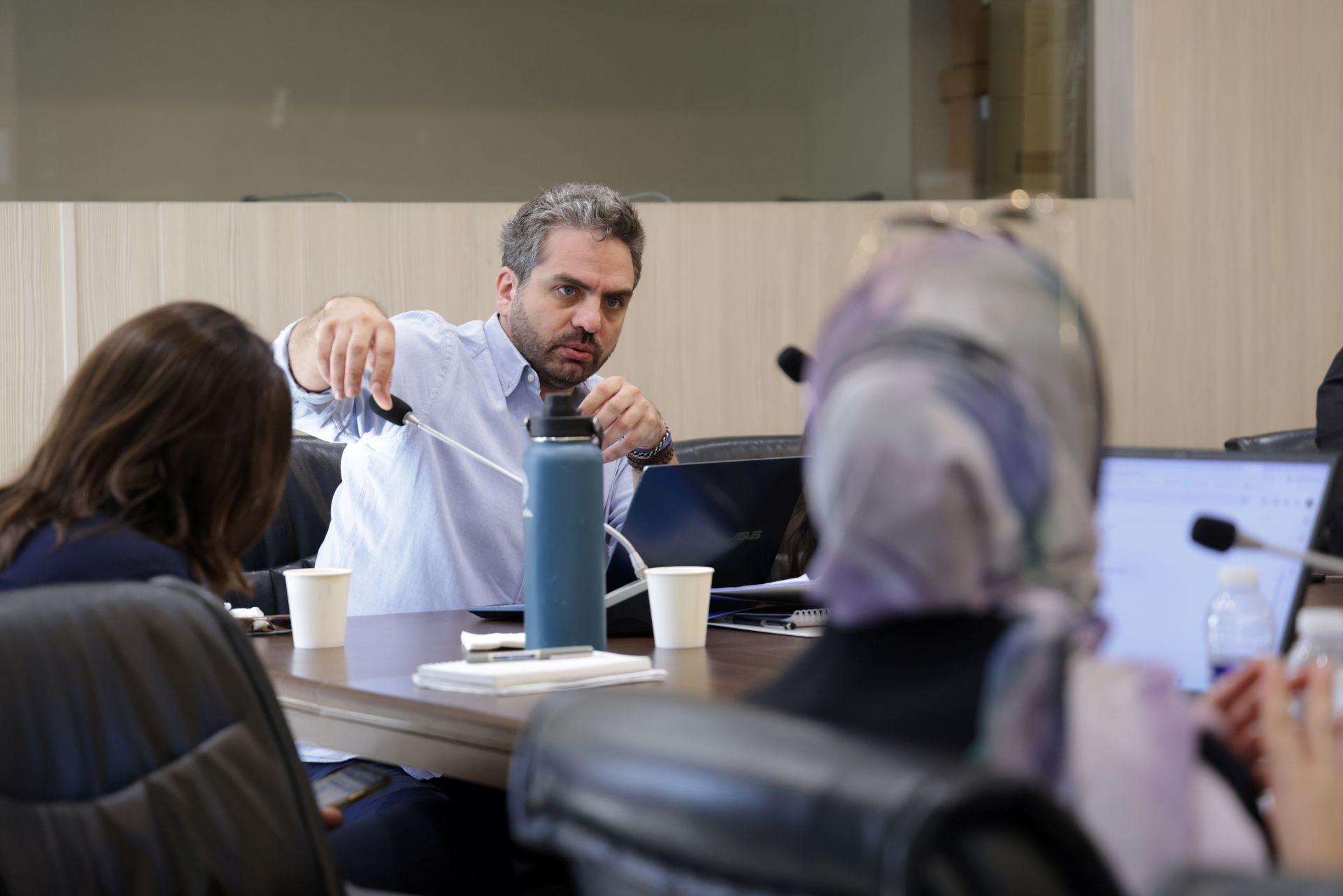The 2nd Stakeholder Consultation towards an Integrated Management Plan (IMP) for the Damour area in Lebanon took place from the 27th to the 29th of October in Beirut Lebanon, followed by a MedProgramme outreach workshop on the 30th of October.
Building on the outcomes of the 1st consultation meeting held in July 2025, this Consultation provided an opportunity to further discuss the development of the IMP with related stakeholders and incorporate their input. It also included a meeting for the Damour Coastal Aquifer Management Plan and two sessions paving the way towards a shared vision for the Damour Area (Climagine workshops).
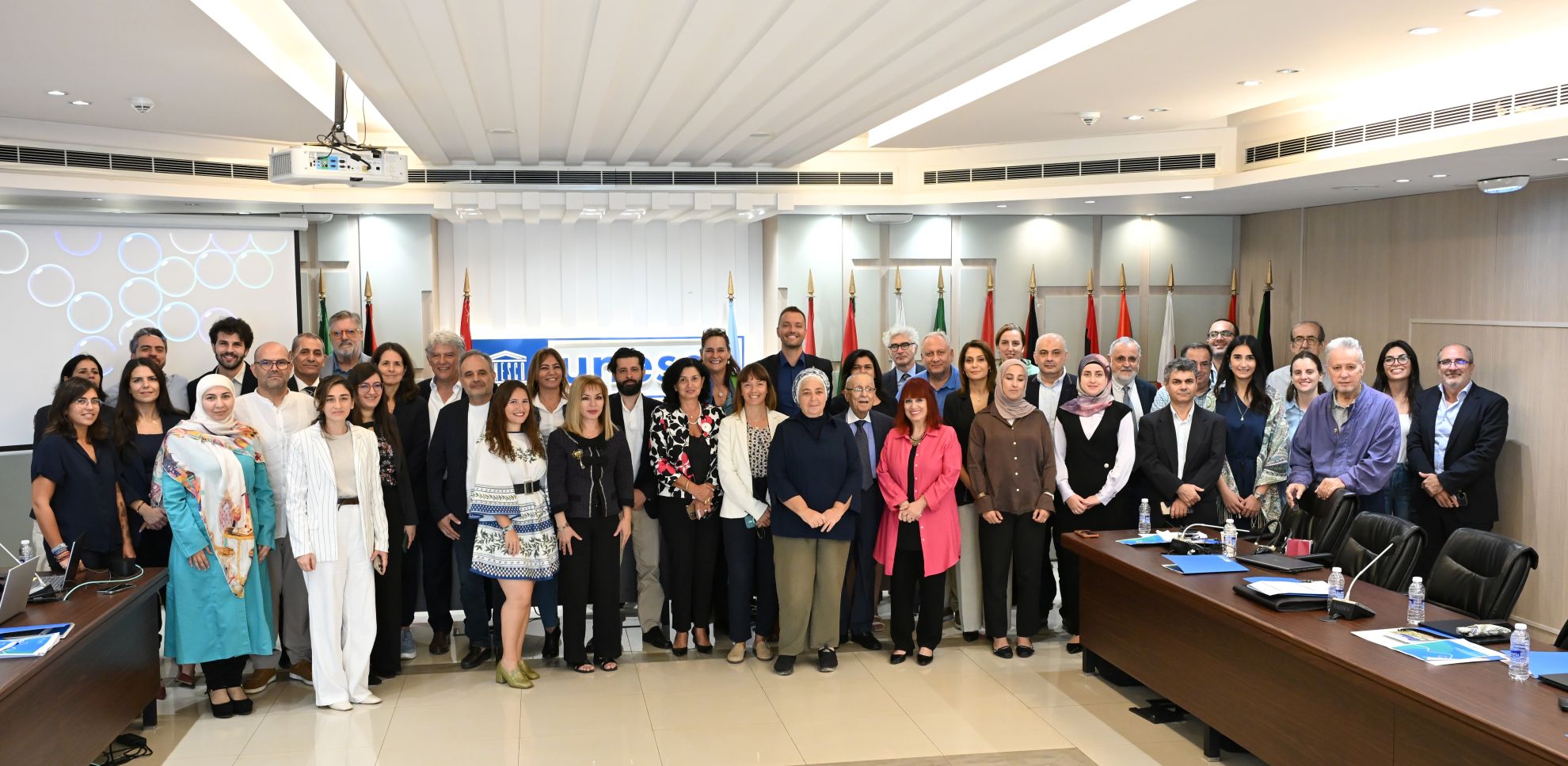
Participants at the 2nd Stakeholder Consultation included representatives from ministries, local administrations, municipalities, cooperatives, international organizations, NGOs, and women’s associations.
Under Child Project 2.1, one of the projects implemented in the framework of GEF UNEP/MAP MedProgramme, the Global Water Partnership-Mediterranean (GWP-Med), the Priority Actions Programme Regional Activity Centre (PAP/RAC), Plan Bleu Regional Activity Centre (Plan Bleu/RAC) and UNESCO Intergovernmental Hydrological Programme (UNESCO IHP) have joined forces to assist Lebanon in finding solutions to priority challenges related to securing key life resources and protecting its environment. Within this framework, a number of activities are being implemented aimed at strengthening and expanding Integrated Zone Management of the Lebanese coast, improving water security, human and ecosystem health and climate resilience in focal hotspots.
The development of an Integrated Management Plan for the Damour area, led by GWP-Med, promotes sustainable water management for the Damour River Basin by addressing the linkages between land, water, delta, estuary, coast, nearshore and marine ecosystems leading to holistic natural resources management and economic development. Its development supports the effective implementation of laws and planning documents of the Lebanese Government, by addressing challenges that are geographically extending to the source-to-sea area.
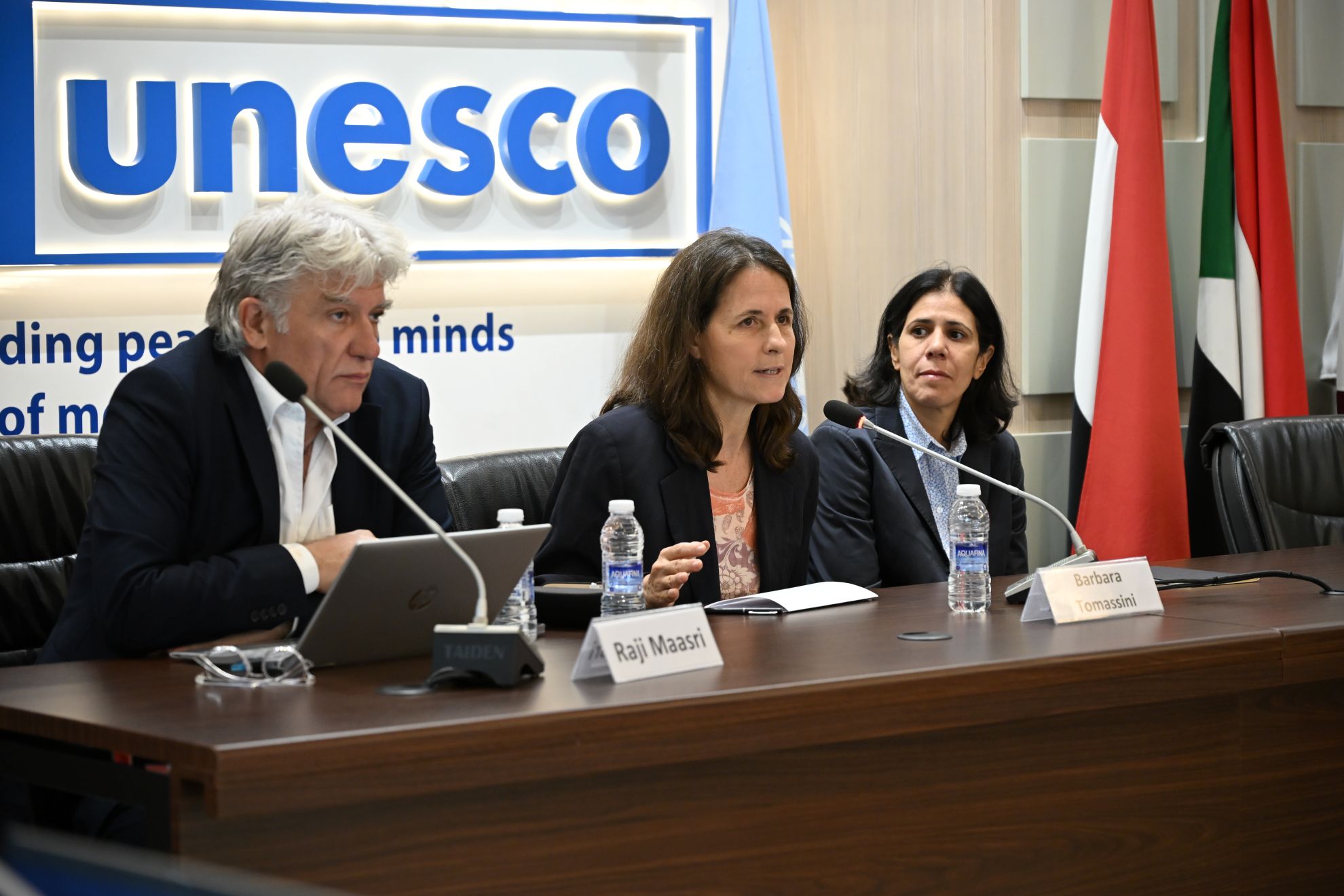
Ms. Barbara Tomassini, Senior Programme Officer GWP-Med, presented the preparation of the Damour IMP.
Representatives from ministries, local administrations, municipalities, cooperatives, international organizations, NGOs, and women’s associations came together to discuss the region’s key environmental challenges.
During a session facilitated by GWP-Med, the methodology and key findings of the preparation of the Integrated Management Plan were presented. This session included an analysis of Drivers, Pressures, State, Impacts, and Responses (DPSIR) of the Damour socio-ecological system whereby participants highlighted the need for accurate, up-to-date data and a thorough evaluation of sectors related to water, energy, and land management.
Their insights will help to refine the on-going diagnostic assessment and ensure the Integrated Management Plan truly reflects the environmental, social, and economic needs and realities of the Damour region and actively engages key stakeholders in shaping the future of the region.
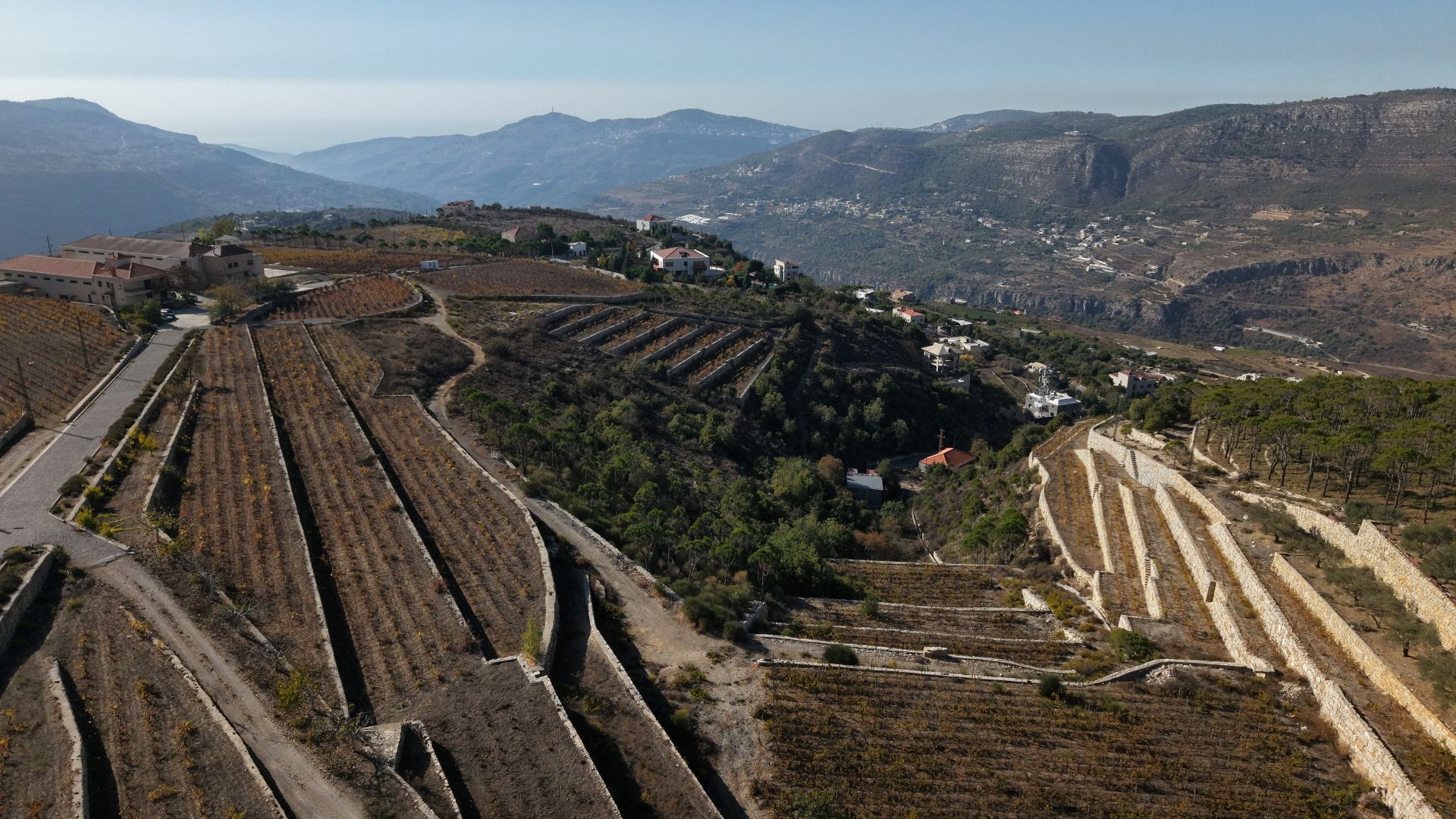
Discussions also delved into spatial planning and coastal zone management challenges in the Damour Area.
On the same day, UNESCO IHP facilitated a consultation meeting for the Damour Coastal Aquifer Management Plan, while Plan Bleu RAC hosted two Climagine workshops on 27 and 28 October, laying the groundwork for a shared vision for the Damour Area.
On 29 October, the focus shifted to cross-sectoral coordination and spatial integration at the national level, supporting enhanced natural resource management. Within the framework of PAP/RAC’s review and drafting of the ICZM Strategy and Law, a participatory Climagine session fostered dialogue to build a collective vision for Lebanon’s coastal areas.
The series concluded on 30 October with the MedProgramme National Outreach Workshop, which showcased the Programme’s achievements across Lebanon and the Mediterranean and sparked discussion on opportunities for replicating successful approaches in other regions.
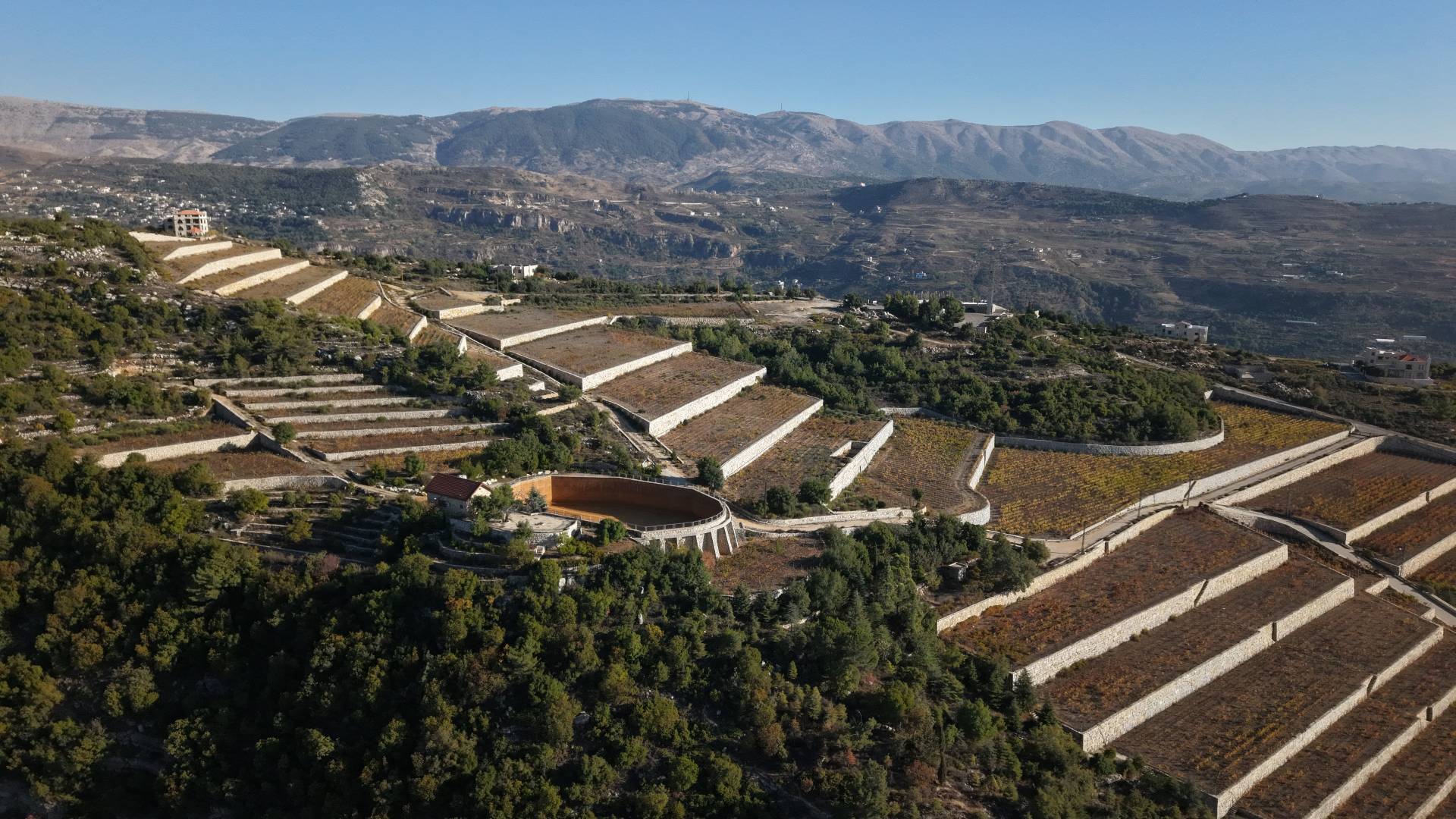
From mountain springs to the sea, the group explored Damour area, connecting with farmers and local stakeholders to hear firsthand the challenges they face in their daily lives with water availability and quality.
The initiative wrapped up with a field visit tracing the Damour River from its mountain springs to the Mediterranean coast. Starting 1,000 meters up in Safa and Ain Zhalta, participants explored two key springs and heard from the Beirut–Mount Lebanon Water Establishment about how water availability shapes extraction and distribution. Next, the group visited an ecological farm in the Shouf Biosphere Reserve, where reserve representatives and local farmers highlighted the region’s biodiversity, water challenges, and ongoing conservation efforts. The journey continued through Majdel Mouch for discussions with the Union of Municipalities of Arqoub and Al-Harif, before descending to Damour’s coastal plains to meet banana farmers facing growing threats: salinizing aquifers and worsening water pollution.
The events were organized within the framework of the GEF UNEP/MAP MedProgramme by the Global Water Partnership-Mediterranean (GWP-Med), Plan Bleu Regional Activity Centre (Plan Bleu RAC), Priority Actions Programme/Regional Activity Centre (PAP/RAC), UNESCO Intergovernmental Hydrological Programme (UNESCO IHP) - the four organisations who are closely collaborating on the preparation of a joint Integrated Management Plan for the Damour Area (Damour Area IMP) - and the United Nations Environment Programme – Mediterranean Action Plan (UNEP/MAP), which is the MedProgramme Coordination Unit.
